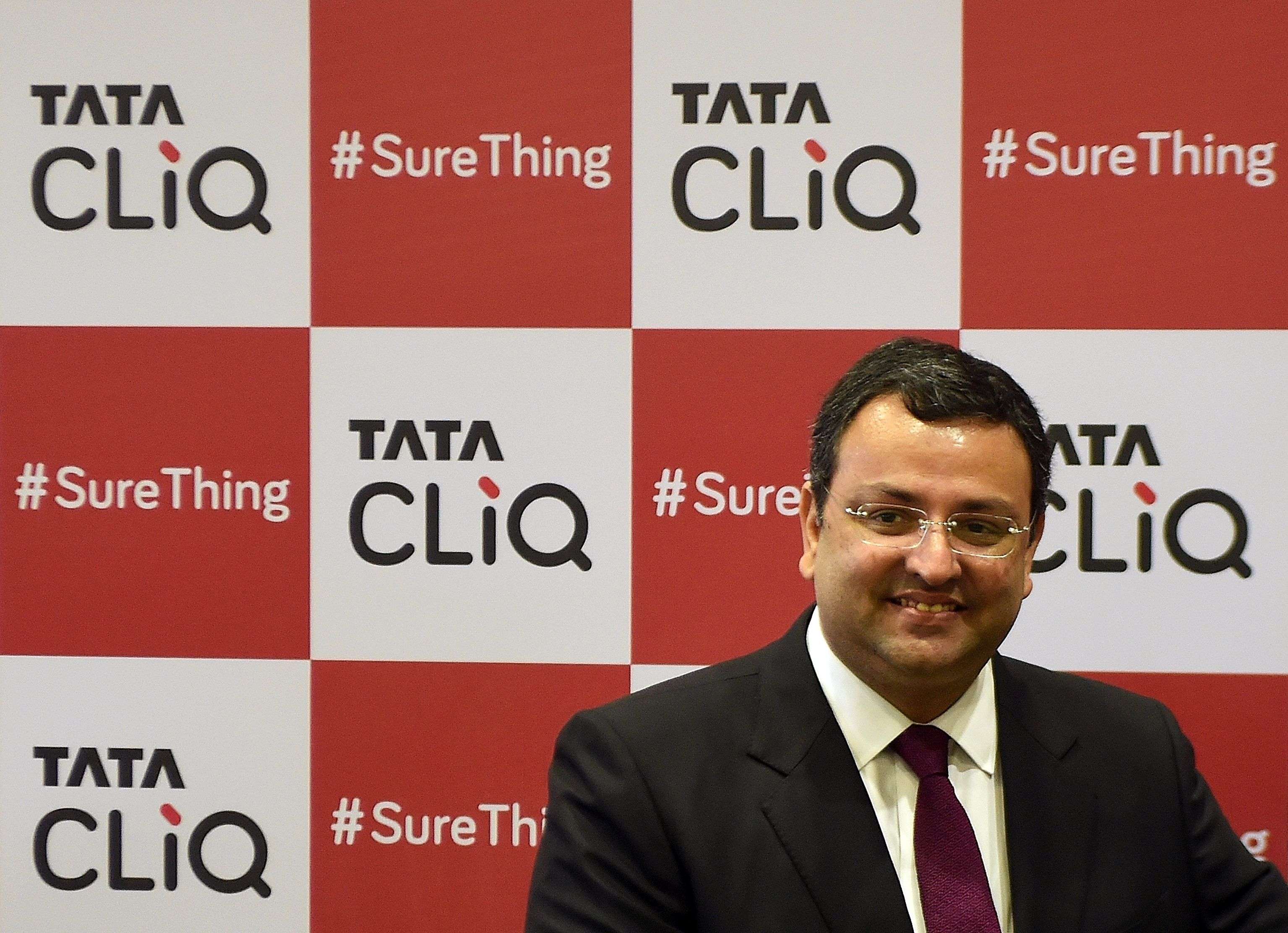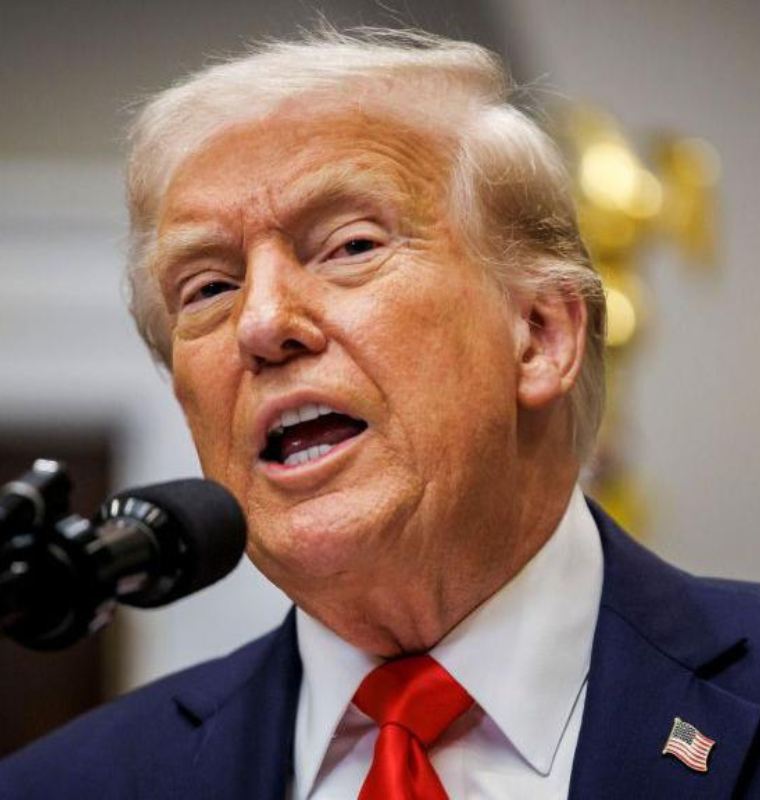Boardroom Turmoil Rocks Tata Group as Power Struggle Surfaces Within India’s Business Giant
Boardroom Turmoil Rocks Tata Group as Power Struggle Surfaces Within India’s Business Giant
By
Rachel Steinberg
Last updated:
October 13, 2025
First Published:
October 13, 2025

Photo: South China Morning Post
Mumbai — India’s Tata Group, one of the country’s most influential conglomerates, is facing a high-stakes boardroom battle that has sent ripples across the corporate and political landscape. At the heart of the dispute are Tata Trusts, the philanthropic body controlling 66% of Tata Sons, and the holding company itself, which oversees 26 listed Tata companies with a combined market capitalization of $368 billion.
The tension came into the spotlight after reports of a trustee meeting and high-profile political engagement. Television footage showed Noel Tata, chairman of Tata Trusts, meeting with Home Minister Amit Shah. Local reports suggest Finance Minister Nirmala Sitharaman, Tata Sons Chairman N. Chandrasekaran, and trustees Darius Khambatta and Venu Srinivasan were also present. While official statements have not been issued, sources confirm that the meeting addressed ongoing governance conflicts.
Trustees vs Tata Sons
A central issue lies in the approval process for major investments. According to industry insiders, Tata Sons is required to obtain prior approval from Tata Trusts for any capital allocation exceeding INR 100 crore ($11 million). Several trustees claim this protocol has not been followed consistently, sparking internal dissatisfaction.
The discord intensified last month when four trustees, including Mehli Mistry, opposed the reappointment of trustee Vijay Singh to the Tata Sons board. With three Tata Trusts-appointed seats on the Tata Sons board, this disagreement left one seat vacant and highlighted the friction between the trust and the holding company.
Corporate Governance Concerns
Corporate governance experts note that such misalignments could affect Tata Sons’ capital allocation decisions, a responsibility that formally belongs to its board. The last major internal upheaval occurred in 2016 when Cyrus Mistry was removed as chairman, replaced by Ratan Tata as interim chairman. The episode underscored the influence Tata Trusts wields over Tata Sons and left a lasting mark on investor confidence.
“The group must establish a formal mechanism to govern information sharing, board nominations, and the Trust’s role in investment oversight,” said Hetal Dalal, president of Institutional Investor Advisory Services India.
SP Group Exit and Public Listing
The Shapoorji Pallonji Group (SP Group), holding just over 18% of Tata Sons, has also added complexity to the situation. SP Group, chaired by Shapoor Mistry, has sought an exit to reduce debt but has faced liquidity challenges. Tata Sons is reportedly exploring a partial exit strategy for SP Group, while its own public listing — mandated by the Reserve Bank of India under 2022 regulations — could redefine the balance of power by reducing Tata Trusts’ controlling influence.
The listing of Tata Sons, originally required by September 30, has been temporarily delayed, but it remains a key factor in the resolution of internal conflicts. Post-listing, Tata Sons’ board would have full operational control, while Tata Trusts’ role would be limited to a shareholder capacity.
Significance for India’s Corporate Sector
The ongoing boardroom dispute has implications beyond Tata Group, one of India’s largest employers with over 1 million staff and operations spanning from steel and automobiles to hotels and tea. The conglomerate also contributes significantly to government investment initiatives, including an $11 billion semiconductor fabrication project. Investors and government officials alike are closely monitoring the situation, hoping for a resolution that preserves both corporate governance standards and the Trust’s philanthropic mission.
Popular articles
Subscribe to unlock premium content
How the World Fell in Love With the “Main Character” Syndrome

The New Flex: Saying No to Luxury and Yes to Peace

Why More People Are Quitting Jobs to Become Lifestyle Entrepreneurs

How the World Fell in Love With the “Main Character” Syndrome

The New Flex: Saying No to Luxury and Yes to Peace

How the World Fell in Love With the “Main Character” Syndrome









